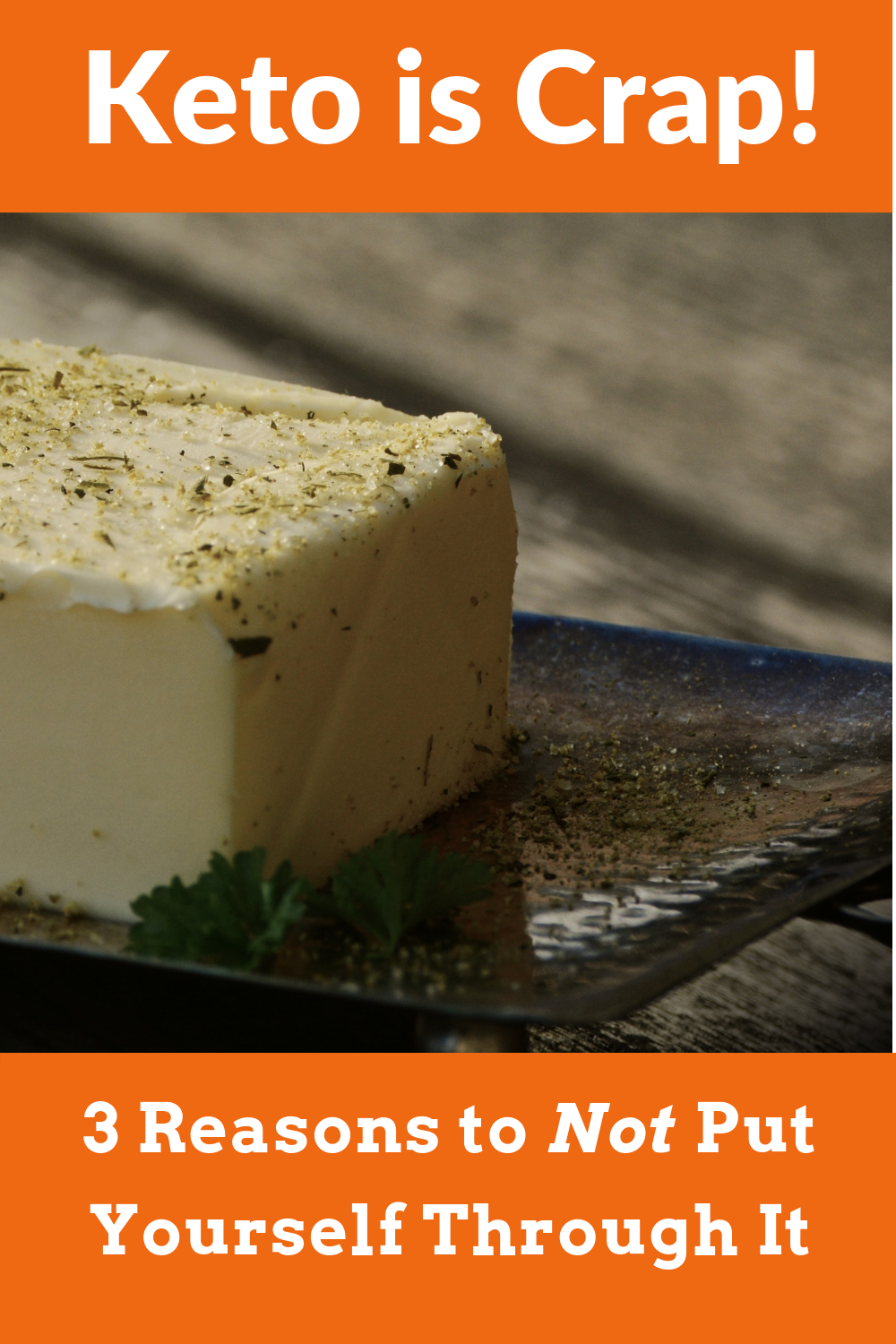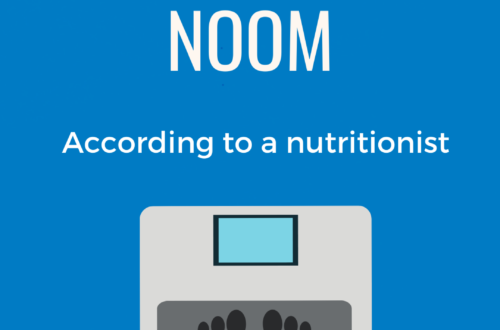
Keto is Crap!
3 Reasons to Not Put Yourself Through It
Keto is “all the rage” in the fad diet world these days. I’ll bet you know someone doing it, or perhaps you’ve done the keto diet yourself. We see celebrities and others in the media advertising the dramatic weight loss or cognitive benefits of the keto diet. What’s more, now one can buy “keto-approved” pre-packaged and convenience food items. You know a fad diet has reached peak frenzy when food companies invest in tailor-made products for its followers.
So what’s all the fuss about? What even is the keto diet?
The ketogenic or “keto” diet is a very low carbohydrate, high-fat eating plan that has been historically used to treat certain medical conditions. As early as the 1800s, the ketogenic diet was used to treat diabetes. In the 20th century, it was adopted as a treatment for epilepsy in children who did not respond to medication. I can vouch for this personally – when I was a dietetic technician at a children’s hospital (~20 years ago), I assembled prescribed ketogenic meals for our epilepsy patients. I distinctly remember plating up cubed butter, cantaloupe chunks, and ketogenic-compliant shakes that were fortified with vitamins and minerals. The ketogenic diet has recently shown potential for treating Alzheimer’s disease (in a similar therapeutic fashion to how it helps epilepsy).
In recent years, the ketogenic diet has gained a ton of attention as a weight-loss strategy. Some proponents report that it can do everything from enhance mental clarity and cognition to increase fertility. Low-carb diets for weight loss are nothing new – Atkins has been around since the 1970s. The distinction between ketogenic and other low-carb eating plans is that the ketogenic diet has an exceptionally high fat content – usually 70 – 80% of calories from fat – with moderate protein and super low carbohydrate intakes.
The key to losing weight on a ketogenic diet is to deprive your body’s cells of their favorite fuel, glucose, so that an alternative fuel, ketones, are produced from stored fat. Consider that the brain cannot metabolize fat as fuel and cannot store glucose, so, when you don’t consume enough carbs to feed your cells glucose, it must be manufactured from ketone bodies.
Ketogenic diets reduce total carbohydrate intake to < 50 g/day, which is about the same number of carbs in a couple of bananas or a bagel. Popular ketogenic plans suggest that 70 – 80% of calories come from fat, 5 – 10% from carbohydrates, and 10 – 20% from protein. Compared to most low-carb diets, the keto plan keeps protein lower because the amino acids in protein can be converted to glucose.
Overall, the ketogenic diet, like most diets, reduced one’s calorie intake enough to induce a calorie deficit, and viola! … weight loss. Eating high-fat foods means that the diet feels more indulgent and less restrictive in some ways.
So, why wouldn’t you want to try it? Lots of reasons, but here’s the top three, that, in my opinion, make the keto diet simply a fad that I do not recommend as a long-term healthy way of eating:
- It’s unreasonably restrictive, which means you’ll be overworked and miserable. Following a high-fat diet may sound fun, but the associated carbohydrate restriction can be challenging to maintain. Symptoms of ultra-low carbohydrate intake include hunger (duh), fatigue, constipation, irritability
- There is no medically-proven benefit (unless you have epilepsy that doesn’t respond to medication). If one loses weight by following a ketogenic diet, it follows that the health risks associated with excess weight will improve. However, when an individual decides to stop following the diet, the presumption is that he/she will gain the weight back, thus negating the temporary health improvements. Also consider that, while there are several theories as to why ketogenic diets promote weight loss, they have not been proven by research.
- It’s not healthy for all individuals, ie, it’s nutritionally deficient. Research suggests that side effects of long-term ketogenic diets may include kidney stones, osteoporosis, and nutrient deficiencies. When a diet excludes entire food groups (like fruits, most dairy, most grains and legumes), vitamin and mineral deficiencies are inevitable without proper supplementation.
Research on the ketogenic diet is somewhat limited – most studies have had a small number of participants and were short in duration (<12 wks). It’s also important to note that although the ketogenic diet has been linked to short-term weight loss, improvements in total cholesterol, blood sugar, and blood pressure; after one year, the results from following a ketogenic diet are not significantly different from the results of following a conventional, calorie-restricted weight loss plan.
So, is the ketogenic diet for you? If you answer “yes” to two or more of these questions, you’re probably up for the challenge:
- Do you have a consulting physician or dietitian that can monitor you for nutritional deficiencies and/or existing health conditions?
- Are you OK completely eliminating several food groups (grains and bread, beans, fruit, most dairy) from your eating?
- Do you have the time and mental stamina to constantly count and track the percentage of your calories from fat, carbohydrate and protein?
Have you tried the ketogenic diet? What was your experience like? I would love to hear your thoughts or stories!
Works Cited
“The 43 Health Benefits of Ketogenic Dieting (in Addition to Weight Loss).” KetoSchool, 18 Oct. 2016, ketoschool.com/the-43-health-benefits-of-ketogenic-dieting-in-addition-to-weight-loss-1e4ee4743f1f.
“Diet Review: Ketogenic Diet for Weight Loss.” The Nutrition Source, 22 May 2019, www.hsph.harvard.edu/nutritionsource/healthy-weight/diet-reviews/ketogenic-diet/.





